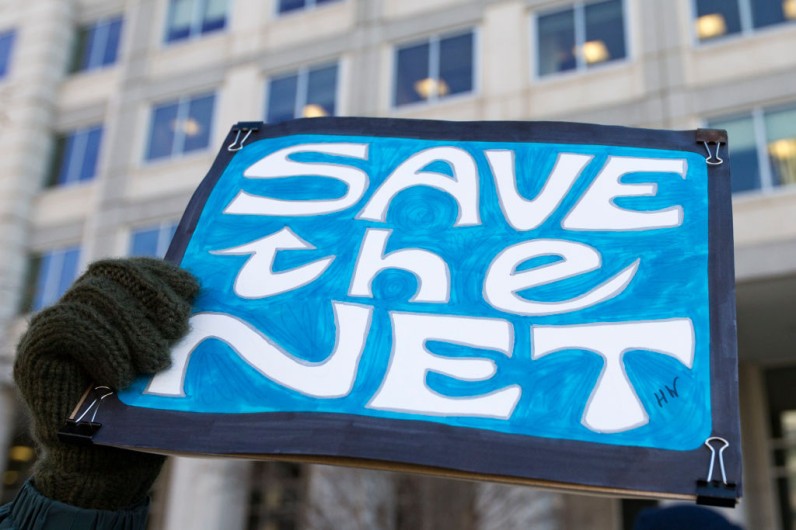The Federal Communications Commission (FCC) has recently voted to reinstate net neutrality rules, treating internet companies like utilities. This move, along party lines, aims to provide heightened scrutiny on the industry, impacting how we access and use the internet.
What Is Net Neutrality?
Net neutrality, first introduced nearly a decade ago under the Obama administration and repealed in the Trump era, ensures that internet service providers (ISPs) cannot block, slow down, or show preference to certain platforms. This means all online content should be equally accessible, without discrimination.
This decision is important because of its implications for free speech and fair competition. By reclassifying broadband under Title II, the FCC aims to prevent ISPs from censoring online speech and favoring certain products or companies over others.
According to Axios, the reinstated rules also empower the FCC to prohibit the sale of Americans' sensitive data, collect data on outages, and protect against ISPs controlled by foreign adversaries. This move is a step towards safeguarding consumer privacy and national security interests.

Why Republicans Are Against Net Neutrality
However, not everyone is in favor of this decision. As reported by The New York Times, Republican lawmakers and industry figures have rallied against the reclassification, labeling it as "unnecessary and government overreach."
In a letter to FCC Chair Jessica Rosenworcel, they argue that treating broadband providers like utilities could hinder the growth of the telecommunications industry.
Despite opposition, Rosenworcel emphasized ensuring fast, open, and fair internet access for all consumers. She stated, "Every consumer deserves internet access that is fast, open, and fair."
Anticipating a contentious path, the reinstatement of net neutrality rules is likely to be met with legal challenges. Broadband providers are expected to contest the decision in court, further complicating the issue.
Moreover, there are valid concerns about the implications of the federal order on state net neutrality laws. The FCC's order supersedes any state measures that are deemed incompatible with federal regulations, raising questions about the autonomy of states in this matter.







Join the Conversation